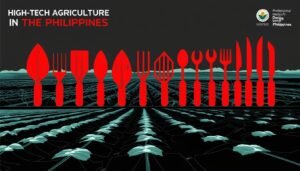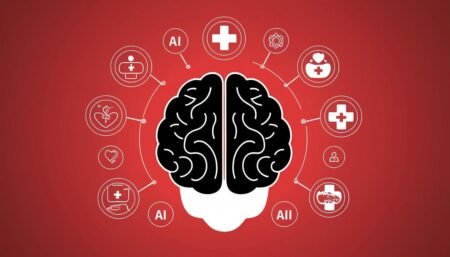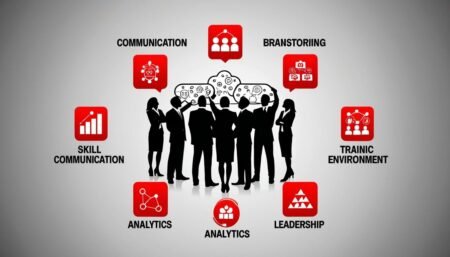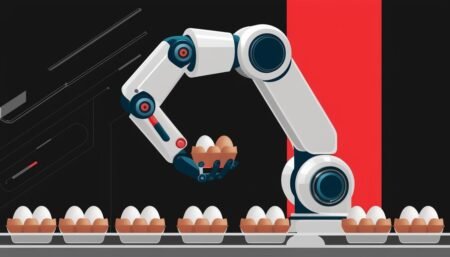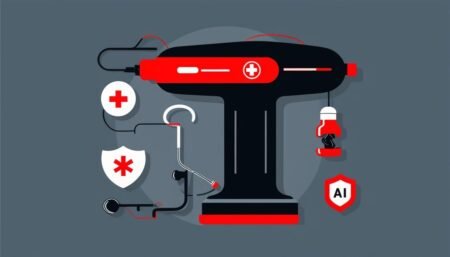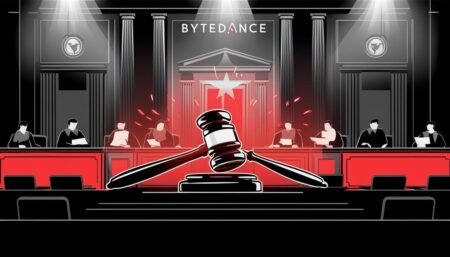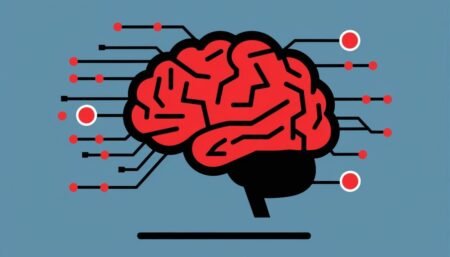The rise of generative AI technologies threatens traditional career paths for graduates, prompting a re-evaluation of skills needed for success in the evolving job market.
AI Disruption and the Future of Middle-Class Careers in America
Date: September 25, 2024
Time: 3:30 PM
Location: United States
For decades, the pursuit of a college education has been widely seen as the most reliable ladder to a middle-class lifestyle in America. Research consistently shows that individuals with college degrees earn significantly more than those without. According to the Federal Reserve Bank of San Francisco, in the 21st century, those with degrees have earned 68% to 79% higher average wages compared to high school graduates.
However, the rise of generative artificial intelligence (AI) technologies is beginning to challenge this narrative. A recent collaborative study between Harvard University, the German Institute for Economic Research, and the Imperial College Business School, highlights that sectors traditionally considered secure, such as writing, coding, and graphic design, are already facing significant challenges. Specifically, just eight months after the introduction of ChatGPT, job postings in writing and coding decreased by 21%, while demand for graphic design jobs fell by 17%. These declines contrast with a rising demand for manually intensive skills.
The context is not entirely unprecedented. Historically, every significant technological advancement, from the spinning jenny to online shopping, has prompted concerns about its impact on the job market. Similar fears are resurfacing in the face of AI’s rapid development. According to a Chicago Booth poll of U.S. economists, 32% expressed concerns that AI could negatively impact the earning potential of high-skilled workers in advanced countries over the next decade, while 39% remained uncertain of AI’s long-term effects.
The progression of AI mirrors past technological disruptions. During the Industrial Revolution, Luddites in England rebelled against machines that threatened their livelihoods, advocating that such devices be managed by well-trained and fairly compensated workers. In more recent times, automation and AI advancements have replaced workers in routine tasks, evidenced by the shift towards a gig economy, driven by companies like Uber and DoorDash. Here, while drivers earn modest wages, a largely automated workforce manages operations, reflecting further workforce transformation driven by AI.
Scholar Brian Dolber from California State University, San Marcos, emphasised the broader implications of AI. Dolber, co-editor of “The Gig Economy: Workers and Media in the Age of Convergence,” points out that the gig economy might be looked back upon as the starting point of significant labour and technological shifts. He suggests that AI’s potential might go beyond current automation, as it could synthesize information to innovate independently.
In 2024, several major tech companies, including Dell and Cisco, have announced significant layoffs, citing AI adoption as a compensatory strategy. While such layoffs create considerable anxiety among prospective college students and professionals, understanding historical patterns of technological and economic change can provide perspective.
Dolber advocates for a quality education focused on critical thinking and ethical reasoning—skills that AI technologies struggle to replicate. This sentiment is echoed by Dorie Clark and Tomas Chamorro-Premuzic in the Harvard Business Review. They highlight that AI relies on text prediction rather than genuine human experience, urging students to ponder, “What can I do that a robot can’t?” Developing unique human capabilities such as creativity, empathy, and complex problem-solving is seen as vital.
While mastering machine-unreplicable skills is crucial, Dolber also stresses the importance of understanding and integrating new AI tools. Literacy in these technologies is part of being prepared for the 21st-century workforce. Additionally, real-world engagement remains irreplaceable; personal connections and network-building through direct interactions can act as significant differentiators in a competitive job market.
As AI reshapes industries, securing a future-proof career may require balancing the development of advanced human skills with an understanding of AI technologies and maintaining strong interpersonal relationships.
This piece leverages information compiled by HeyTutor with contributions from Carren Jao, Kelly Glass, Paris Close, and Ania Antecka, and was distributed by Stacker Studio.
Source: Noah Wire Services


